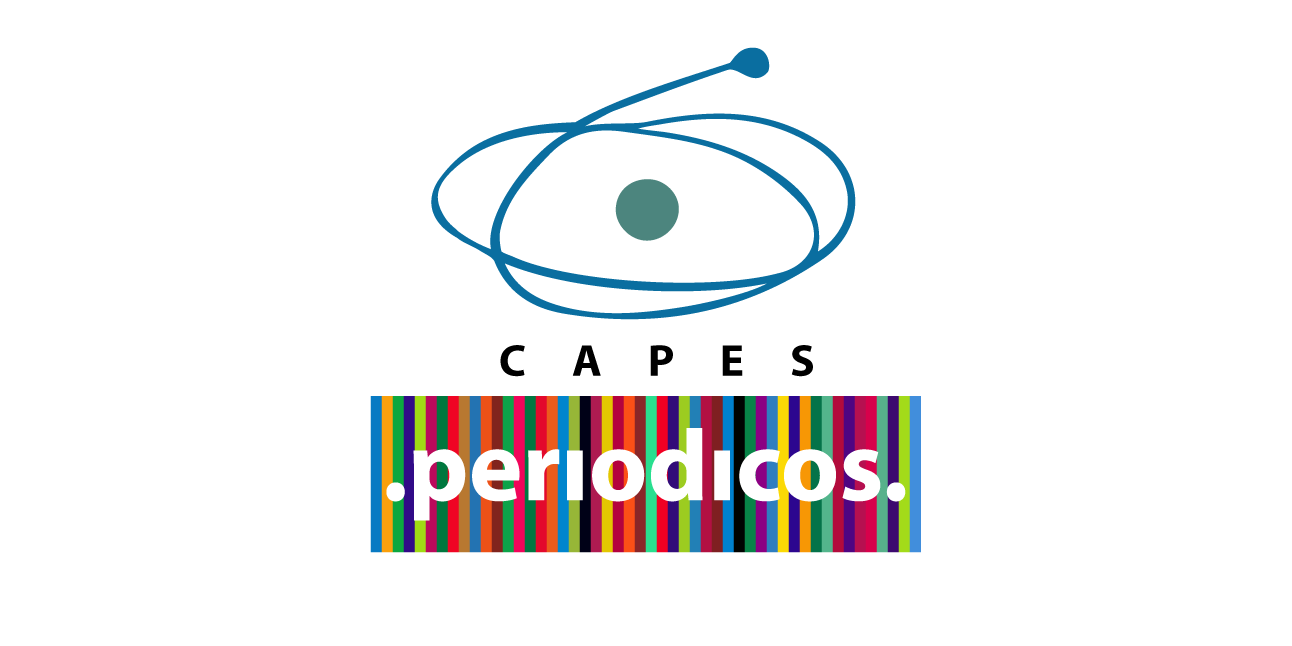Monitoramento da Cura Clínico-Parasitológica da Malária em um Hospital da Região Extra-Amazônica após Quimioterapia Específica
Palavras-chave:
Malária, p.vivax, p. Falciparum, Acompanhamento, Malaria, p. vivax, Monitoring.Resumo
A malária é um grave problema de saúde pública no mundo, atingindo, segundo a OMS, 40% da população de mais de 100 países. O risco de aquisição de malária não é uniforme dentro de um mesmo país, além de sofrer variações com as estações do ano e ao longo do tempo. Um dos principais entraves à vigilância da malária em área não endêmica deve-se à inespecificidade dos seus sintomas em relação aos de outras doenças febris agudas (DFA), aliada à pouca e por vezes inexistente suspeita clínica dessa patologia. Conseqüentemente, nessas situações, o diagnóstico clínico tem baixa validade. Diante da importância do diagnóstico da malária para o pronto tratamento do indivíduo, objetivamos, em nosso trabalho, pesquisar os casos de malária em indivíduos com DFA que relataram visita ou residência em área endêmica de doença e monitorar a cura clínico-parasitológica da malária por P. falciparum, P. vivax e/ou P.malarie após quimioterapia específica. O diagnóstico é feito pelo exame parasitológico de gota espessa (parasitemia) e distensão sanguínea (identificação da espécie), que representam atualmente o padrão-ouro. O acompanhamento clínico-parasitológico é feito após o tratamento pelo período de 6 semanas, para avaliação da resposta terapêutica e eventual detecção de quimiorresistência, conforme preconizado pelo Ministério da Saúde. O banco de dados com o acompanhamento dos pacientes que procuraram o ambulatório de DFA de agosto de 2006 a março de 2008 evidenciou seis casos de recidiva em pacientes sem retorno às áreas endêmicas, e por esse motivo, levantamos algumas hipóteses para tentar justificá-las.Downloads
Publicado
2008-10-27
Como Citar
Souza, P. R., Brasil, P., da Cruz, M. de F. F., Gall de Carvalho, B. B., & Carneiro, D. V. (2008). Monitoramento da Cura Clínico-Parasitológica da Malária em um Hospital da Região Extra-Amazônica após Quimioterapia Específica. Iniciação Científica Cesumar, 10(2), 91–95. Recuperado de https://periodicos.unicesumar.edu.br/index.php/iccesumar/article/view/665
Edição
Seção
Artigos de Iniciação Científica
Licença
A Revista se reserva o direito de efetuar, nos originais, alterações de ordem normativa, ortográfica e gramatical, com o intuito de manter o padrão culto da língua, respeitando, porém, o estilo dos autores. As opiniões emitidas pelos autores são de sua exclusiva responsabilidade.Juntamente com o e-mail de aceite (para casos de aprovação) será encaminhado modelo da Carta de Direitos Autorais que deverá conter o nome completo dos autores, bem como dados de documentos pessoais e assinada por todos os autores e coautores envolvidos no trabalho.
Autores mantém os direitos autorais e concedem à revista o direito de primeira publicação, com o trabalho simultaneamente licenciado sob a Licença Creative Commons Attribution CC-BY-NC que permite o compartilhamento do trabalho com reconhecimento da autoria e publicação inicial nesta revista.






